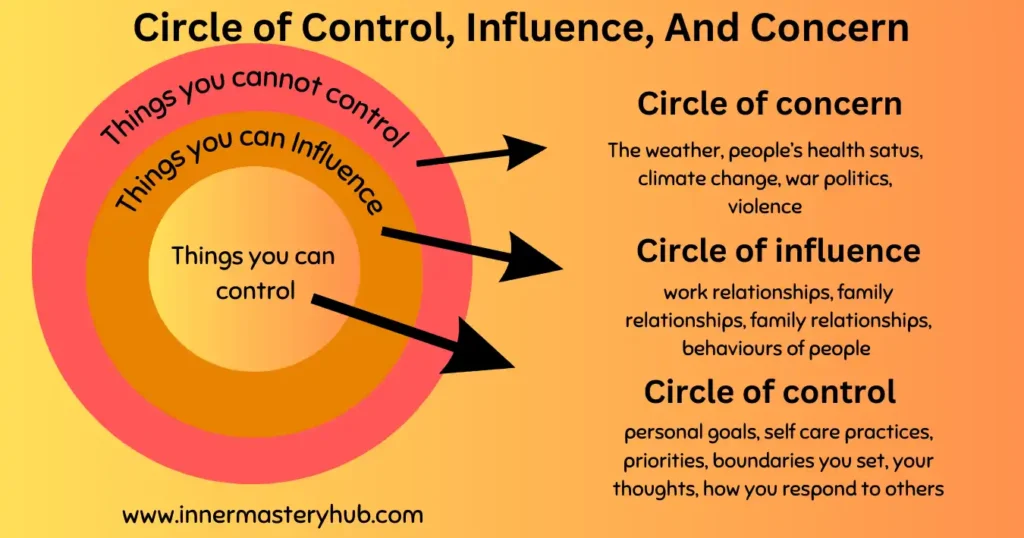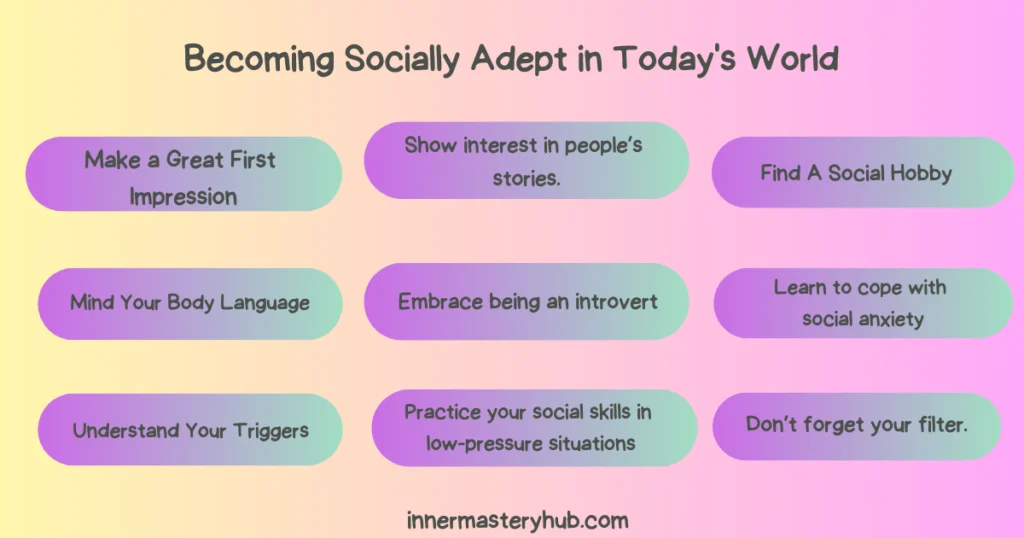When you’re not hungry, have you noticed yourself going for that chocolate bar? Or maybe after a long day, you’ve had a strong desire for a thick, velvety chocolate dessert? People throughout the world frequently feel chocolate cravings. But ever wonder why our chocolate cravings are so strong?
This blog will investigate the science of chocolate cravings and explain why our brains seem to have an endless thirst for this delicious food. We will try to answer the questions behind the most common urge of “Why do I crave Chocolate?”
Table of Contents
Reasons Behind, “Why Do I Crave Chocolate?”
You might be tempted to chocolate for a number of reasons, including theobromine and phenylethylamine, two compounds in chocolate or cocoa that have been demonstrated to elevate mood.
Dopamine and serotonin, two feel-good neurotransmitters in your brain, can be released as a result of these chemicals, improving your mood and sense of completion.
1. Magnesium Deficiency
Chocolate may be making our bodies crave it because it is deficient in some micro or macronutrients, such as magnesium. Chocolate and cocoa, particularly dark chocolate, contain magnesium, and your body may be signaling that it needs more of this essential element.
Because your magnesium levels tend to dip shortly before your menstrual cycle, this could be the cause of your heightened craving for chocolate during certain times.
For almost 300 enzymatic functions, the body needs the mineral magnesium. Try taking a magnesium supplement or eating a premium dark chocolate bar (preferably organic and with more than 70% cocoa content), which is a fantastic source of magnesium, to see if your cravings subside.
Consider purchasing magnesium supplements.
2. Low Blood Sugar Levels
It may surprise you to learn that when you have a chocolate craving, your body is expressing distress. Those intense cocoa cravings are frequently caused by excessively low blood sugar. When this happens, your body finds a quick energy source and goes into overdrive to get everything back on track.
Due to its readily available sugar content, chocolate has turned into an enticing target. Although a small serving might give you a quick boost, the accompanying drop in blood sugar levels could eventually make you feel worse.
It is advisable to monitor your blood sugar levels and consult a physician if you often have chocolate cravings, especially between meals. To maintain stable blood sugar, they can help you design a well-balanced diet.
3. When you are stressed
When you are stressed and tense, you may experience a need for chocolate. There are compounds in chocolate that can help you relax and calm down. For example, the amino acid tryptophan is necessary for your body to produce serotonin, a neurotransmitter that promotes sensations of relaxation and mood regulation.
There is a lot of this amino acid in chocolate. You may be seeking a natural mood enhancer to help you deal with the stress you’re experiencing, which is why you’re eating chocolate. This consolation, though, is fleeting because the subsequent sugar drop may leave you feeling even more exhausted.
When used excessively as a coping mechanism, it can lead to weight gain and other health issues. Instead, try studying relaxation techniques and getting regular exercise to manage your stress healthily.
4. A Habitual Craving
You might have a chocolate addiction just from consuming chocolate after meals. Dessert cravings are common after supper. After supper, break this bad habit by having some fruit or a refreshing cup of peppermint tea.
Try going for a healthier option rather than the ice cream carton. Although you might not get the quick sugar rush you’re used to, the natural sweetness and high fiber content might make you feel fuller and more pleased. After a few evenings of perseverance, you might discover that a bowl of fruit or a soothing cup of tea has become your new post-dinner habit.
5. Taste and texture
The rich flavor and smooth texture of chocolate make it incredibly alluring. When you bite into it, it has a slightly candy-like flavor with a tinge of sweetness and bitterness. In your tongue, it melts and feels soft and creamy. Whether it’s dark, milk, or nut-topped chocolate, each bite is like a little celebration for your taste buds.
That’s why you’re still craving! The way it feels on your tongue is more important than just sweetness. You can’t get enough of chocolate since it’s a tasty treat that makes you happy.
6. Sugar Addiction
Eating chocolate means eating sugar, which can make you crave more. This is because sugar triggers the release of dopamine, a neurotransmitter that makes you happy. As a result, if chocolate makes you feel good, you want to eat more of it to get the same effect.
You feel amazing after eating chocolate, but you still want more. It resembles a descending spiral. You may experience strong desires for chocolate as a result.
Because chocolate contains sugar, your brain may develop a persistent craving for it. Once you begin eating chocolate, it may be hard to stop since your brain takes pleasure in the positive emotions it produces!
7. Changes in hormones
The simple explanation for chocolate cravings could be hormone abnormalities. Hormonal changes during certain times, such as menstruation or pregnancy, can alter brain neurotransmitters, making some foods, like chocolate, more appealing.
Changes in progesterone and estrogen levels, for instance, may have an effect on dopamine and serotonin levels, which regulate mood and appetite. Chocolate contains chemicals that can temporarily increase these neurotransmitters, creating a brief sensation of comfort and pleasure during hormonal swings.
To find solace or pleasure, the body may naturally seek chocolate when hormones are in balance.
Benefits of Chocolate
There are several unexpected health benefits to chocolate. not only because it’s tasty, but also to address the question of why I get chocolate cravings. The antioxidants found in dark chocolate, in particular, help the body combat harmful free radicals.
These antioxidants have been found in studies to improve memory function and lower cholesterol. However, you must select dark chocolate to reap these advantages. The cocoa content of dark chocolate is high, ideally at least 70%.
Dr. Mindy Haar, PhD, an assistant dean at the School of Health Professions at the New York Institute of Technology and a registered dietitian-nutritionist, claims that early humans formerly believed that the need for sugar and fat was beneficial. However, patterns have now shifted.
While enjoying a few dark chocolate pieces daily can be pleasurable, moderation is essential to preventing excessive calorie and sugar intake. You can indulge in chocolate guilt-free but remember that moderation is the key to maximizing its health benefits.
How To Stop Chocolate Cravings?
To curb chocolate cravings, try these tips:
- Opt for protein-rich meals to feel satisfied longer and reduce cravings.
- Yogurt makes a nutritious alternative, packed with protein and probiotics.
- Enjoy dark chocolate in moderation for its health benefits.
- Use cocoa powder in recipes like oatmeal or hot chocolate for a cocoa fix.
- Change up your routine to avoid trigger locations for buying chocolate.
- When cravings hit, use healthier snacks or activities to divert your attention.
- Allow the occasional enjoyment to avoid feeling cheated and going on a binge later.
You may control your chocolate cravings without compromising your health by implementing these techniques. chocolate is high in magnesium.
What is the Best Chocolate to stop Cravings?
Regarding sating chocolate cravings, personal preferences may influence what is considered the “best” chocolate. However, some popular options that are regularly commended for their flavor, texture, and quality include as follows:
Dark Chocolate. Because of its rich flavor and higher cocoa content, dark chocolate can be good for your health. Dark chocolate with at least 70% cocoa content will have a stronger chocolate flavor.
chocolate made from milk. Milk chocolate is a classic favorite for many chocolate lovers since it’s creamy and sweet. Compared to dark chocolate, it tastes smoother and has less cocoa.
White Chocolate. White chocolate, which isn’t actually chocolate because it doesn’t include cocoa solids, is a favorite among chocolate fans due to its creamy texture and sweet flavor. It is made from cocoa butter, sugar, and milk solids.
handmade or artisan chocolate. These treats are usually made by independent, smaller chocolatiers who value unique flavor combinations and high-quality ingredients. Trying out handmade chocolates can lead to some delightful surprises.
Nuts or fillings in chocolate. A wonderful approach to sate desires is to make chocolates with layers of flavor and texture added by adding caramel, nuts, fruits, or other filling ingredients.
Ultimately, the greatest option for sating desires is the chocolate that brings you joy. Savor whatever most entice your palate, be it a decadent dark chocolate bar, a silky milk chocolate truffle, or a unique handcrafted confection.
How Much Chocolate should be consumed in a day?
Moderate chocolate consumption can help maintain a healthy diet. It is crucial to monitor portion sizes, nevertheless, due to its high calorie and sugar content.
Limit the amount of dark chocolate you consume each day to 1 to 1.5 ounces (28 to 42 grams), or about one or two small squares of a regular chocolate bar.
Compared to other nutrient-dense foods, chocolate should be consumed in moderation. You should also be mindful of your overall calorie intake. Consider your dietary preferences, particular health conditions, and any illnesses (such as diabetes) that might require you to limit your chocolate intake even further.
RELATED POSTS
7 Signs of an insecure men & How to deal with him






